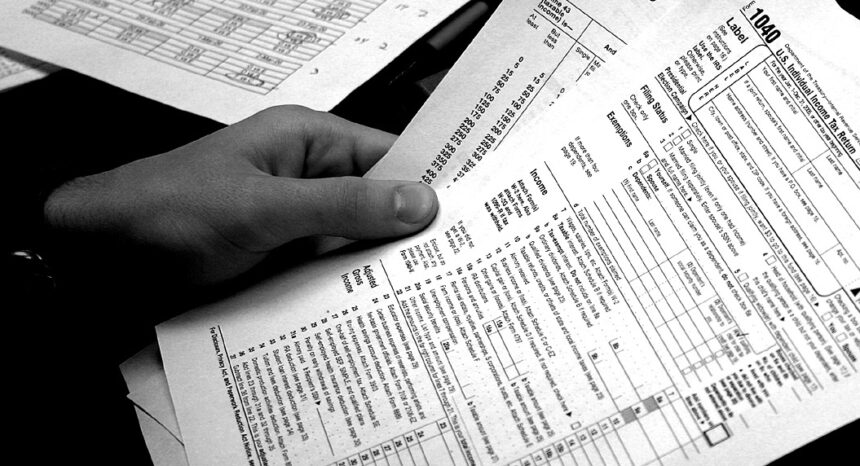Low-income workers asked to verify that they qualify for the Earned Income Tax Credit (EITC) are less likely to claim the wage subsidy — or even file a federal tax return, a new paper finds.
Researchers estimate that when taxpayers claim the EITC and the IRS asks for written evidence of eligibility, these workers are 30 percentage points less likely to claim the credit the following year. Four years after a request for documentation – known as a correspondence audit – a taxpayer is still 10 percentage points less likely to seek the credit.
The researchers did not investigate the reasons behind the response. But the decline in claims appears to be a consequence of fewer taxpayers filing returns following a correspondence audit. They are about 20 percentage points less likely to file a return the year after an audit, according to the study, conducted by the IRS, University of Texas at Austin and U.S. Department of the Treasury.
When someone claims the Earned Income Tax Credit, the IRS checks his or her return against past filings as well as third-party data. The IRS assigns a risk score to returns with potential problems. Returns with the highest risk scores always are audited. Those with low and intermediate risk scores are selected randomly for audits.
For the purposes of this study, researchers only focused on returns with low and intermediate risk scores. This allowed them to compare the behavior of taxpayers who were randomly selected for audits to the behavior of taxpayers in this group who were not selected.
The study also found that:
- Audits appear to cause an estimated 120,000 fewer taxpayers to claim the EITC one year after the audit and 40,000 fewer taxpayers to claim it four years afterward.
- Reductions in tax filing and EITC claims can persist up to six years after a correspondence audit.
- The average tax refund drops by about $1,500 the year after an EITC audit. The amount of the reduction is relatively similar for men and women.
- After an EITC audit, self-employed taxpayers tend to report earning wages, suggesting increased labor force participation. Wage earners, on the other hand, reported lower wages after an audit, suggesting decreased labor market participation. The researchers did not investigate the reasons behind this shift.
- Loss of EITC benefits following an audit may cause some taxpayers to give up homeownership and seek other government aid such as Social Security Disability Insurance benefits.
Want more research on federal income taxes? Check out our write-ups on corporate tax reform, the rising cost of filing tax returns and the politics of tax enforcement.


Expert Commentary